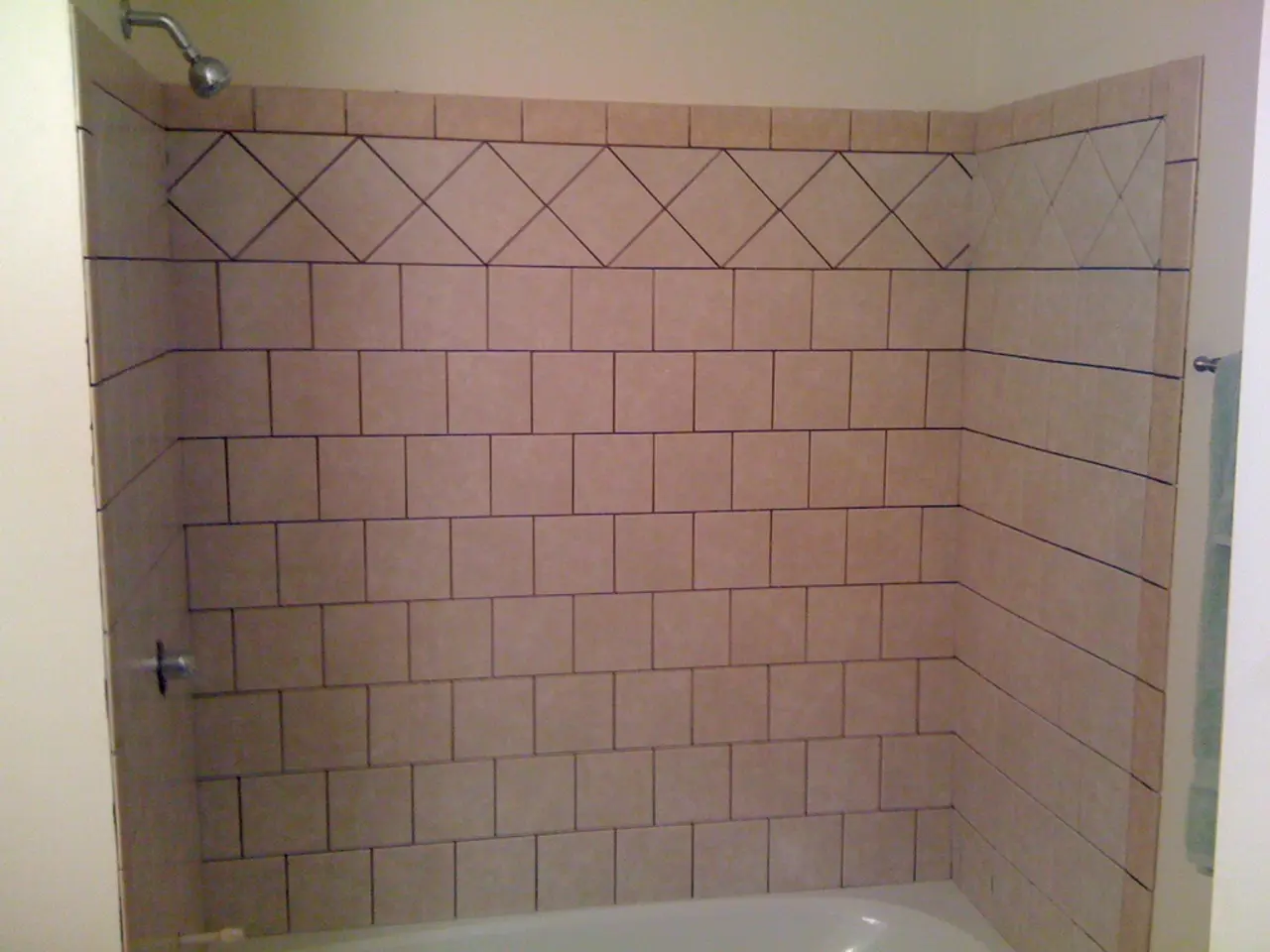Comparing electric showers versus mixer showers: Which is the best choice for you?
Choosing Between Electric Showers and Mixer Showers: A Guide for Homes with Low Water Pressure
When it comes to selecting a shower for your home, two popular options are electric showers and mixer showers. But how do you decide which one is best for you, especially if you have low water pressure?
An electric shower and a mixer shower differ in their water heating methods and their dependency on water pressure.
Electric Showers
An electric shower requires only a cold water supply from the mains and heats the water instantly through an internal heating element as it flows through the unit. This provides hot water on demand independent of the home’s hot water system. Electric showers are generally more suitable for homes with low hot water pressure or small hot water cylinders because they do not rely on the stored hot water supply; they only need a cold water mains feed.
Mixer Showers
On the other hand, a mixer shower draws both hot and cold water from your existing plumbing (e.g., a hot water cylinder or combi boiler) and mixes them to the desired temperature. Its performance depends on the home's hot and cold water pressure and temperature availability. Mixer showers offer a more powerful flow when compared to electric showers, as they use the home’s plumbing pressure. However, if water pressure is low, flow can be weak unless the system is boosted with additional equipment such as a pump.
For Homes with Low Water Pressure
For homes with low water pressure, especially low hot water pressure, an electric shower is usually the more suitable option. This is because electric showers work well on low hot water pressure, as they only need a cold mains feed. In contrast, mixer showers require good hot and cold water pressure to perform optimally.
If you want to maintain a mixer shower but have low pressure, installing a shower pump or considering a power shower may help, but these involve more complex plumbing and higher water usage.
Considerations and Recommendations
It's important to note that a mixer shower tends to cost slightly more than an electric one, particularly those with a thermostatic function. Additionally, mixer showers are more complex to install than electric showers, so a professional plumber should always be hired.
In conclusion, when choosing a shower for a home with low water pressure, an electric shower is often the better choice due to its independence from the home’s hot water system. However, if you prefer a mixer shower, consider installing a shower pump or a power shower to improve its performance.
References:
- bathrooms.com (2025-08-07)
- jmttradeltd.co.uk (2025-08-01)
- When deciding between an electric shower and a mixer shower for your home, consider the water pressure; electric showers perform well on low hot water pressure.
- An electric shower, which requires only a cold water supply from the mains, heats the water instantly through an internal heating element, making it a suitable option for homes with small hot water cylinders or low hot water pressure.
- A mixer shower, on the other hand, draws hot and cold water from your existing plumbing, mixes them, and requires good hot and cold water pressure to perform optimally.
- For homes with low water pressure, especially low hot water pressure, it's recommended to choose an electric shower, as they only need a cold mains feed, unlike mixer showers that depend on the home's hot and cold water pressure.
- To maintain a mixer shower with low pressure, installing a shower pump or considering a power shower may help, but these options involve more complex plumbing and higher water usage.
- When comparing costs, electric showers tend to be less expensive than mixer showers, especially those with a thermostatic function.
- However, if you prefer a mixer shower and have low pressure, you might need to budget for additional equipment like a shower pump.
- Installation is another factor to consider; electric showers are generally easier and less expensive to install than mixer showers, so hiring a professional plumber is recommended.
- When it comes to designing your home's lifestyle, both electric and mixer showers can fit into a variety of home-and-garden, food-and-drink, fashion-and-beauty, and shopping aesthetics, providing functional appliances that suit your unique tastes.





